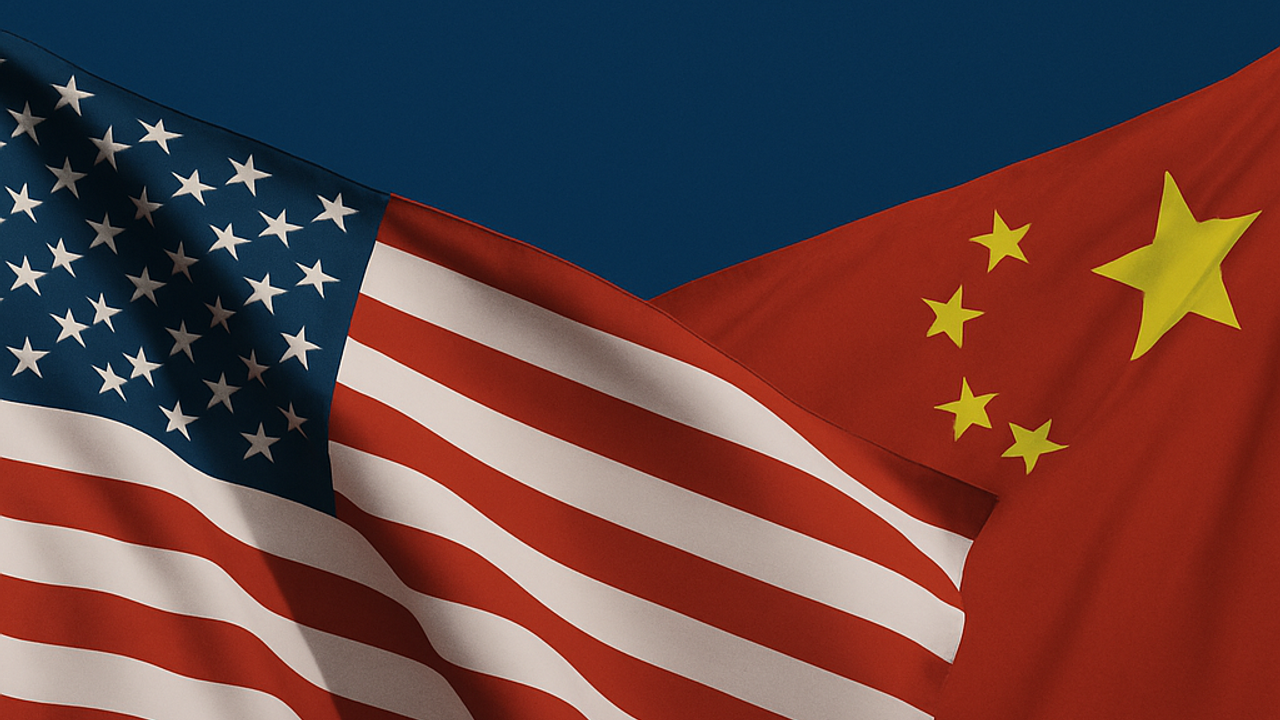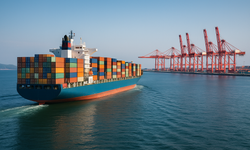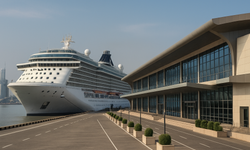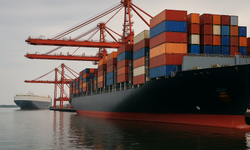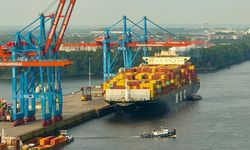In a decisive regulatory strike, the U.S. Federal Maritime Commission (FMC) has designated Chipolbrok, a Chinese-Polish shipping joint venture, as a carrier controlled by the People's Republic of China. While Chipolbrok was historically framed as a binational enterprise, U.S. authorities now argue that China exerts overwhelming influence over its operations, from executive decisions to strategic direction—effectively transforming it into a maritime arm of Beijing.
This classification, under the Shipping Act of 1984, allows the FMC to subject Chipolbrok to stricter oversight and control over pricing activities that may distort global competition. The FMC’s findings suggest China is using state-backed firms like Chipolbrok, COSCO, and OOCL to underprice competitors and exert influence over critical maritime corridors, challenging the integrity of fair trade and market independence.
The timing of the decision underscores Washington’s increasing concerns about geopolitical risks tied to maritime logistics. With Chinese firms operating in key shipping routes and ports around the globe, the U.S. fears that foreign control over shipping infrastructure and data flows may compromise national and economic security.
Adding to the regulatory crackdown, the Office of the U.S. Trade Representative is rolling out port fees starting October 2025, targeting Chinese-built vessels. The tariffs—ranging from $18 per ton to $120 per container—signal a wider effort to contain Beijing’s maritime momentum and encourage diversification away from PRC-dominated shipping channels.
Industry reactions have been swift. While some logistics experts warn of increased costs and trade disruption, others welcome the move as a necessary step toward leveling the playing field. The broader concern, however, remains the escalating tension between economic strategy and international diplomacy—particularly in regions like the Indo-Pacific.
As maritime trade continues to serve as the backbone of global commerce, the Chipolbrok case is more than just a regulatory update—it’s a flashpoint in the race for control over the world’s oceans. With shipping lanes becoming political battlegrounds, stakeholders should expect more scrutiny, shifting alliances, and potential retaliation from Beijing.
